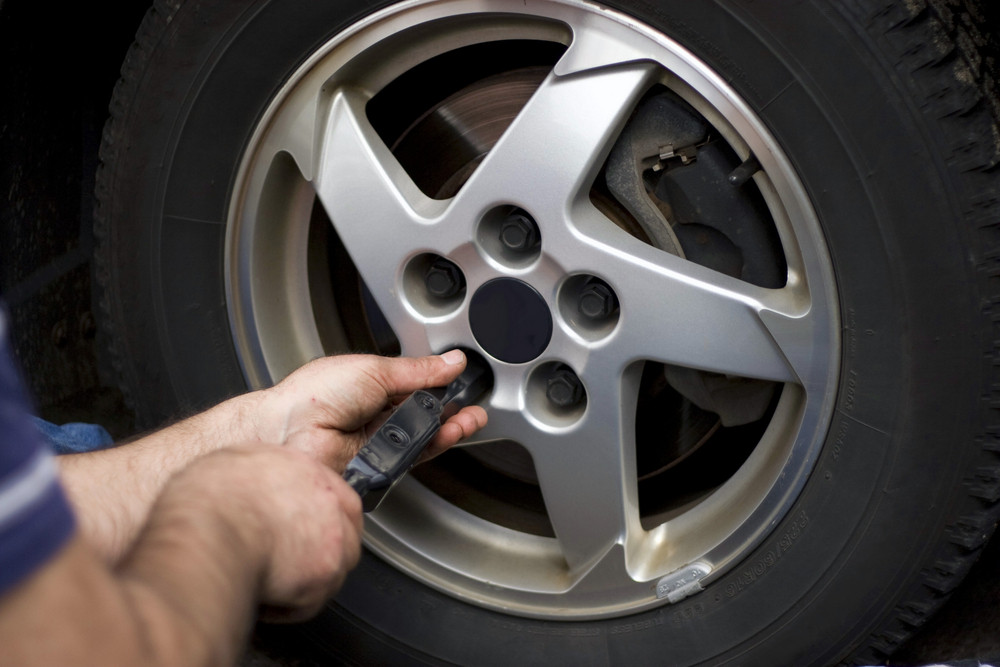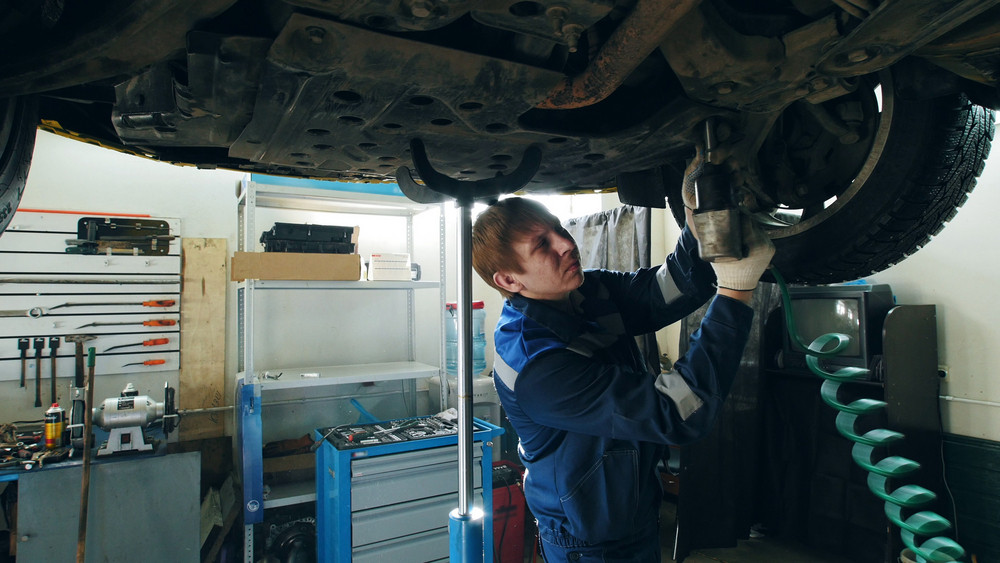Highlights
- Look for current certifications and licenses from ASE or state agencies
- Read verified customer reviews on platforms like Google and Yelp
- A trustworthy shop offers clear, written estimates and fair pricing
- Warranties on repairs show confidence in their work
- Clean, professional facilities often reflect care and attention to detail
- Good shops communicate well and treat you with respect
- Ask questions—honest mechanics welcome them
- Transparency about timelines, costs, and processes builds trust

Key Signs of a Trustworthy Auto Repair Shop
When your vehicle needs service, finding the right auto repair shop can be just as stressful as the repair itself. The stakes are high—you’re trusting someone with a complex, often expensive part of your daily life. How can you tell if a shop is reliable? Many consumers look for an experienced, licensed auto mechanic with good reviews, but what else matters? Reputation is important, but so are transparency, fair pricing, clear communication, and technical certifications. A truly trustworthy shop will explain problems in understandable language, provide written estimates, and never pressure you into unnecessary work. Clean facilities, modern diagnostic tools, and friendly, knowledgeable staff can also signal professionalism. If a business has ASE-certified technicians, provides warranties on parts and labor, and is upfront about policies, that’s another layer of credibility. This guide walks through the most important signs that an auto repair shop is trustworthy, professional, and genuinely customer-focused—so you can make a confident decision when your car needs attention.
They Employ Licensed, Certified Mechanics
The first and most important marker of a trustworthy auto repair shop is proper mechanic licensing and certification. Look for businesses that employ ASE-certified mechanics—that’s the National Institute for Automotive Service Excellence. According to the National Institute for Automotive Service Excellence, approximately 250,000 technicians are ASE Certified, which signals they’ve passed rigorous exams and gained hands-on experience. It’s a widely recognized industry standard that reflects skill and professionalism. In many states, auto shops must also hold business licenses and sometimes specific repair licenses.
What to Look For:
- ASE certificates displayed in the shop
- A business license number available upon request
- Clearly listed qualifications on their website
They Have Strong, Verified Reviews
Online reviews are one of the most useful tools for gauging an auto shop’s reputation. Look for patterns across Google, Yelp, and Better Business Bureau (BBB) listings. While no business has perfect ratings, reliable shops often have:
- A high number of reviews (not just a few)
- A rating of 4 stars or higher
- Specific praise for honesty, timeliness, and communication
Check to see how the shop responds to negative feedback. Do they take responsibility and offer to make it right? That shows integrity. Reviews that mention long-term relationships with the shop (“I’ve been going here for 10 years”) also signal trust.
Tip:
Filter for the most recent reviews to make sure the service quality is current.
They Provide Clear Estimates and Stick to Them
Before agreeing to any repair, a reputable shop will offer a detailed, written estimate. This should break down labor, parts, taxes, and fees so you’re not caught off guard. They should also call you for approval before moving ahead with anything not included in the original quote.
Shops that are vague or avoid giving you a written estimate may be trying to leave room for unexpected charges.
Key Questions to Ask:
- Can I see a written estimate before work begins?
- Are there any possible additional charges I should know about?
- Will you contact me before doing extra work?
They Back Their Work With Warranties
A trustworthy shop will stand behind its repairs. Many reputable auto repair businesses offer a warranty or guarantee, typically 12 months or 12,000 miles for parts and labor. Some even go further, especially if they’re affiliated with national brands like NAPA AutoCare or AAA.
Warranties indicate confidence in their workmanship and provide peace of mind to customers.
Ask the Shop:
- Do you offer a warranty on parts and labor?
- Is it in writing?
- What’s the process for warranty claims?

Their Facility Is Clean, Organized, and Professional
A chaotic, dirty, or poorly maintained facility can reflect how a shop treats your vehicle. On the other hand, a clean waiting area, tidy garage, and well-kept equipment show pride in their work.
This doesn’t mean they need to have a marble-tiled lobby—but professional presentation matters.
Good Signs:
- Clearly labeled work areas
- Proper storage for parts and tools
- A comfortable and clean customer area
They Communicate Clearly and Treat You With Respect
Trustworthy auto mechanics know that most customers aren’t automotive experts. They take time to explain what’s wrong, what needs fixing, and what can wait, without talking down to you.
Mechanics should be willing to walk you through the problem, show you the faulty part, or offer photos if you’re not on-site. Their communication should be polite, professional, and informative.
Red Flags:
- Dodging questions
- Pressuring you to agree immediately
- Refusing to explain the repair
They’re Transparent About Pricing and Labor Time
If a shop tells you a job will take one day and it drags on for a week without explanation, that’s a red flag. Reliable shops provide accurate timelines and notify you of delays in advance.
They should also be upfront about their hourly labor rates, any diagnostic fees, and how long typical repairs usually take.
What to Ask:
- What’s your hourly labor rate?
- Is there a diagnostic charge?
- How long does this repair usually take?
They Let You Ask Questions—and Answer Them Honestly
Trustworthy shops don’t shy away from questions. In fact, they expect and encourage them. Whether it’s about replacement part options, how urgent a repair is, or whether a cheaper solution exists, honest mechanics explain your choices in a way you can understand.
If a mechanic dismisses your concerns or gets annoyed when you ask something basic, that’s a bad sign.
Helpful Questions to Ask:
- Do I have options for OEM vs. aftermarket parts?
- What happens if I delay this repair?
- Is this something I could monitor before committing?
They Have a Long Standing Reputation in the Community
Shops that have been in business for several years—especially in the same location—often earn loyal customers and a strong reputation. Longevity suggests they do quality work, adapt to industry changes, and stay in demand.
Ask locals for recommendations. Neighborhood word-of-mouth is often more valuable than national ratings.
Signs of a Solid Local Reputation:
- Community sponsorships or partnerships
- Repeat customers over the years
- Long-term staff and mechanics
They Specialize in the Type of Service You Need
Not all shops are equal. Some specialize in brakes, others in transmissions, and some focus on imports or luxury vehicles. Choose a shop that regularly handles your vehicle type or the issue you’re facing.
Final Tips for Choosing a Reliable Auto Repair Shop
Before you commit to any shop:
- Check their BBB rating
- Ask for a sample invoice
- Look up their business on your state licensing board
- Get quotes from 2–3 shops to compare
- Ask how long they’ve been in business
- Request customer references if possible
A reliable auto repair shop will make you feel confident, not confused or pressured. From licensing and reviews to warranties and communication, these key signs can help you separate the pros from the pretenders. Always take the time to ask questions, read the fine print, and trust your gut. If something feels off, it probably is.